Research Groups at the Department of Organic Chemistry
- Group of Medicinal chemistry & Drug delivery (Ing. Ondřej Baszczyňski, Ph.D.)
- Group of Bioorganic & Medicinal Chemistry of Nucleic Acids (prof. Ing. Michal Hocek, CSc., DSc.)
- Group of Functionalization of Organic Compounds (doc. Mgr. Radim Hrdina, Ph.D.)
- Group of Supramolecular Chemistry (doc. RNDr. Jindřich Jindřich, CSc.)
- Group of Catalysis in Organic Synthesis (prof. RNDr. Martin Kotora, CSc.)
- Group of Synthesis & Bioactivity (PharmDr. Eliška Matoušová, Ph.D.)
- Group of Chemical Biology and Biocatalysis (doc. RNDr. Jiří Míšek, Ph.D.)
- Group of Organic Chemistry, Catalysis and Electrochemistry (Ing. Rafael Navrátil, Ph.D.)
- Group of Organometallic and Synthetic Chemistry (Dr. Lukáš Rýček, M.Sc.)
- Group of Environmental and Nuclear Chemistry (doc. Ing. Stanislav Smrček, CSc.)
- Group of Asymmetric Synthesis (prof. RNDr. Jan Veselý, Ph.D.)
Group of Medicinal chemistry & Drug delivery
 |

We are Medicinal Chemistry Research Group oriented towards Antifungal Compounds, Drug Delivery through designer Self-Immolative Linkers, and Phosphorus Chemistry. We welcome collaborations, partnerships, and discussions to further our collective efforts in these dynamic research areas. Please feel free to reach out to us with any inquiries or opportunities that align with our research goals.
Group of Bioorganic & Medicinal Chemistry of Nucleic Acids
 |
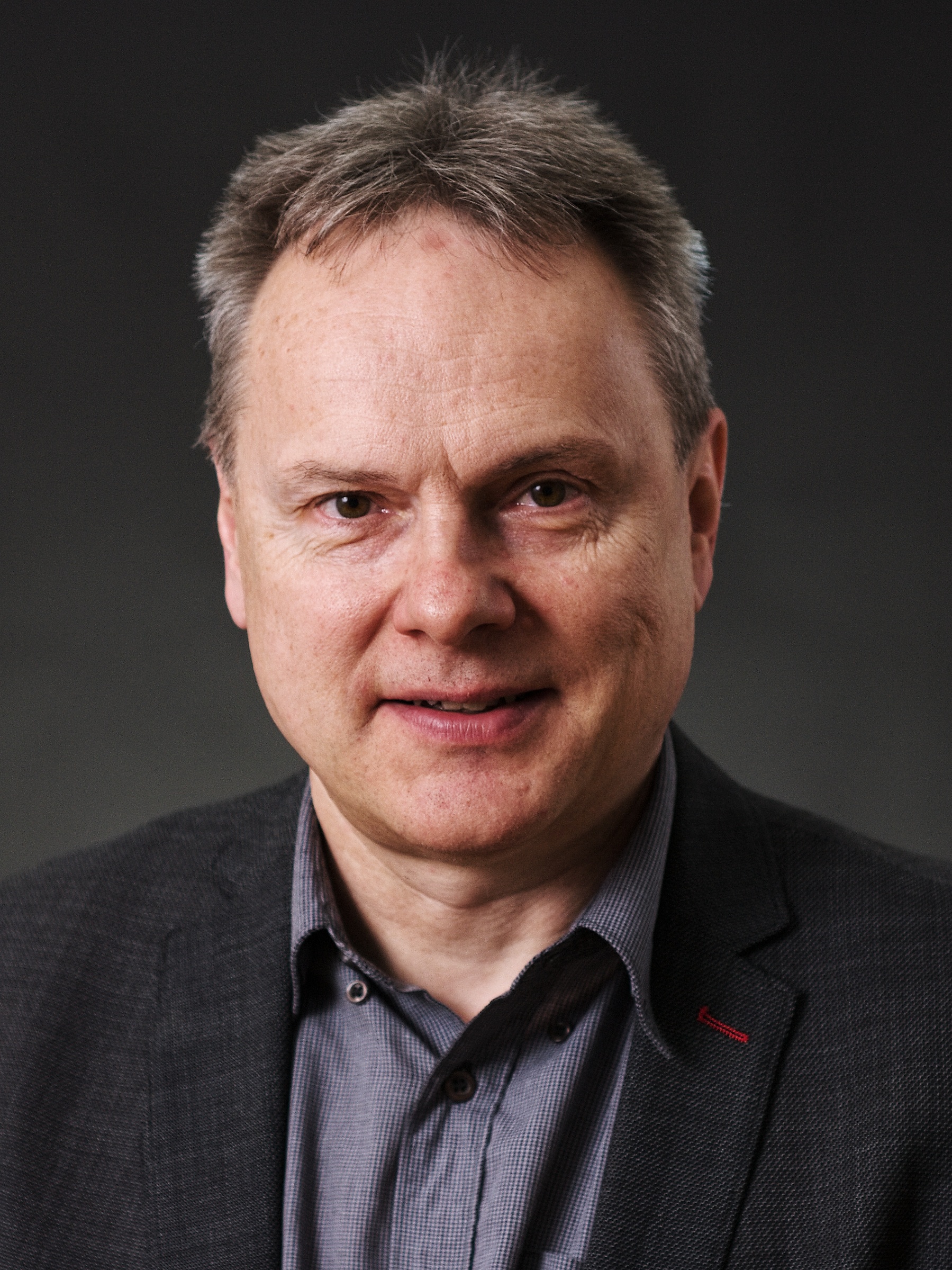
Novel types of modified derivatives and analogues of nucleobases, nucleosides, nucleotides and nucleic acids are designed and prepared for applications in all areas of biomedicinal sciences (medicinal chemistry, biochemistry, chemical biology, bioanalysis etc.).
Group of Functionalization of Organic Compounds
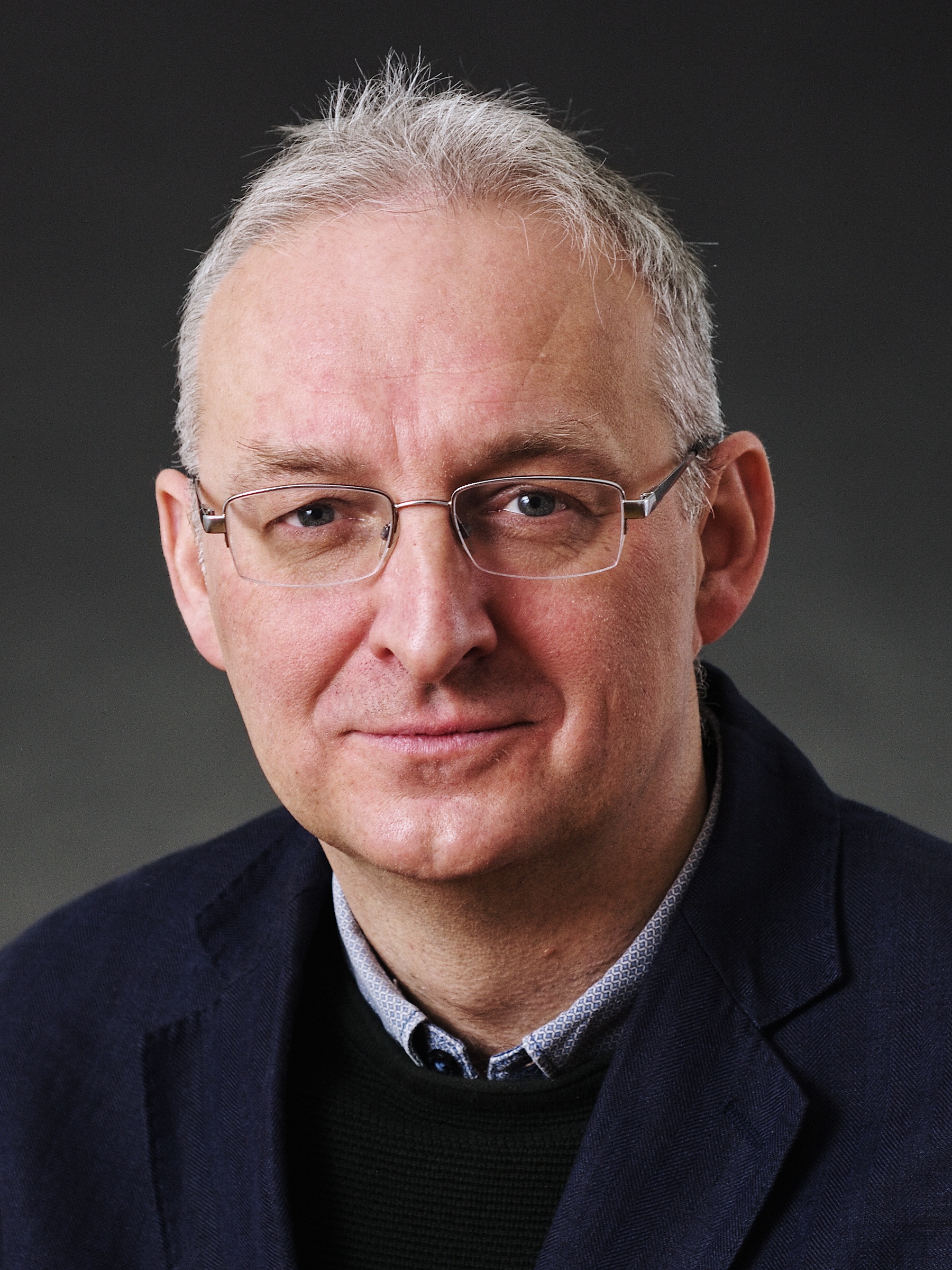
We are focused on the development of new synthetic methods in organic chemistry. Currently, we study directed C−H functionalizations of alkanes and cycloalkanes utilizing insertion reactions of electron-deficient species and C−H activation processes catalyzed by transition metals. In parallel, we work on the design and synthesis of bifunctional compounds for selective catalytic reactions. In particular, we are interested in the functionalization of the adamantane scaffold to enhance lipophilicity, rigidity, or thermodynamic stability of derived compounds for further use in catalyst design, drug design, material science and other areas of research and industrial applications.
Group of Supramolecular Chemistry
|
Head: doc. RNDr. Jindřich Jindřich, CSc Web: https://orgchem.natur.cuni.cz/jindrich/ Web: New link |
 |
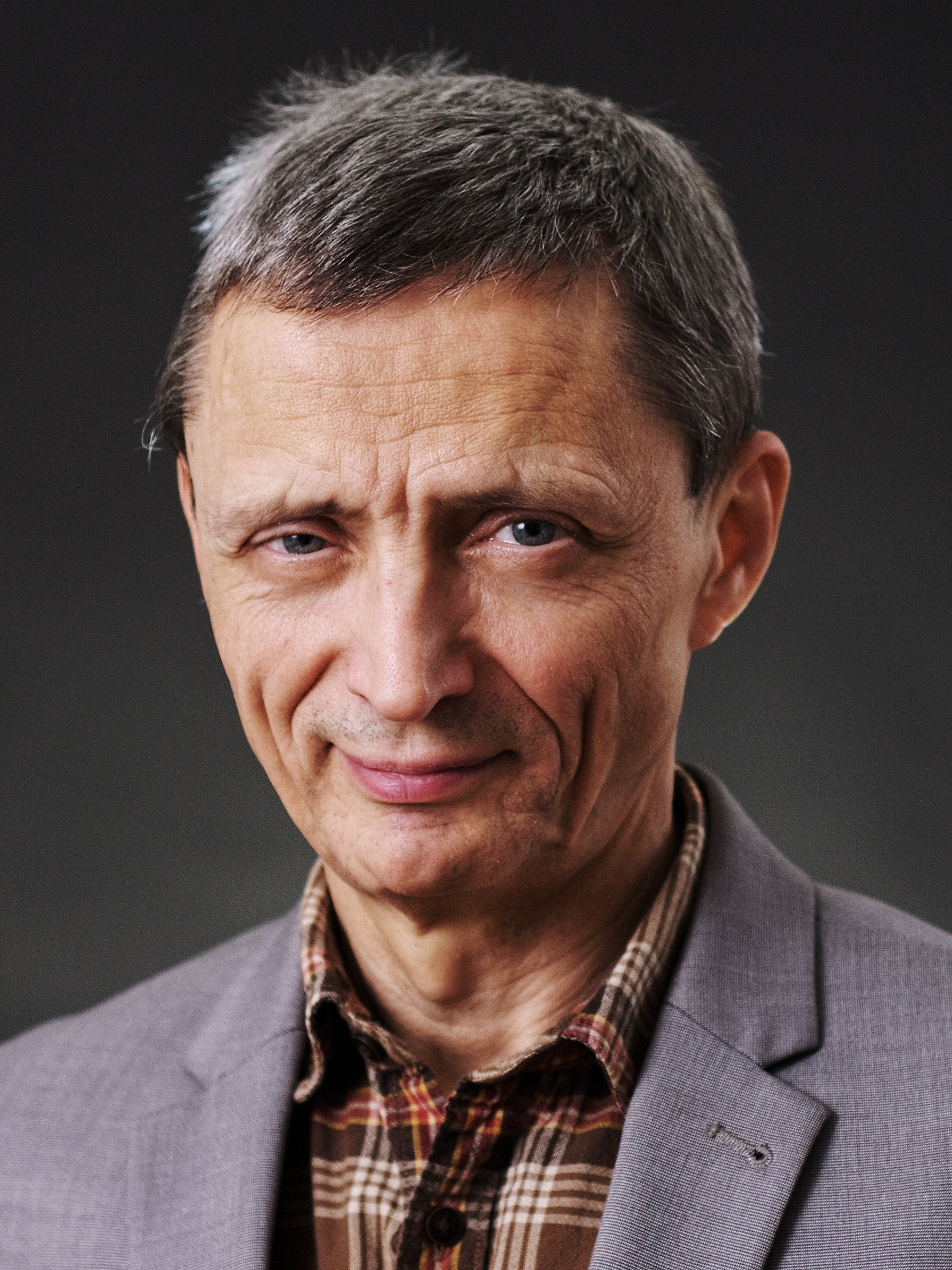
Group of Supramolecular Chemistry works mainly on development of the new methods for synthesis of cyclodextrin derivatives and on utilization of these derivatives in practical applications.
Group of Catalysis in Organic Synthesis
|
Head: prof. RNDr. Martin Kotora, CSc. Web: Link |
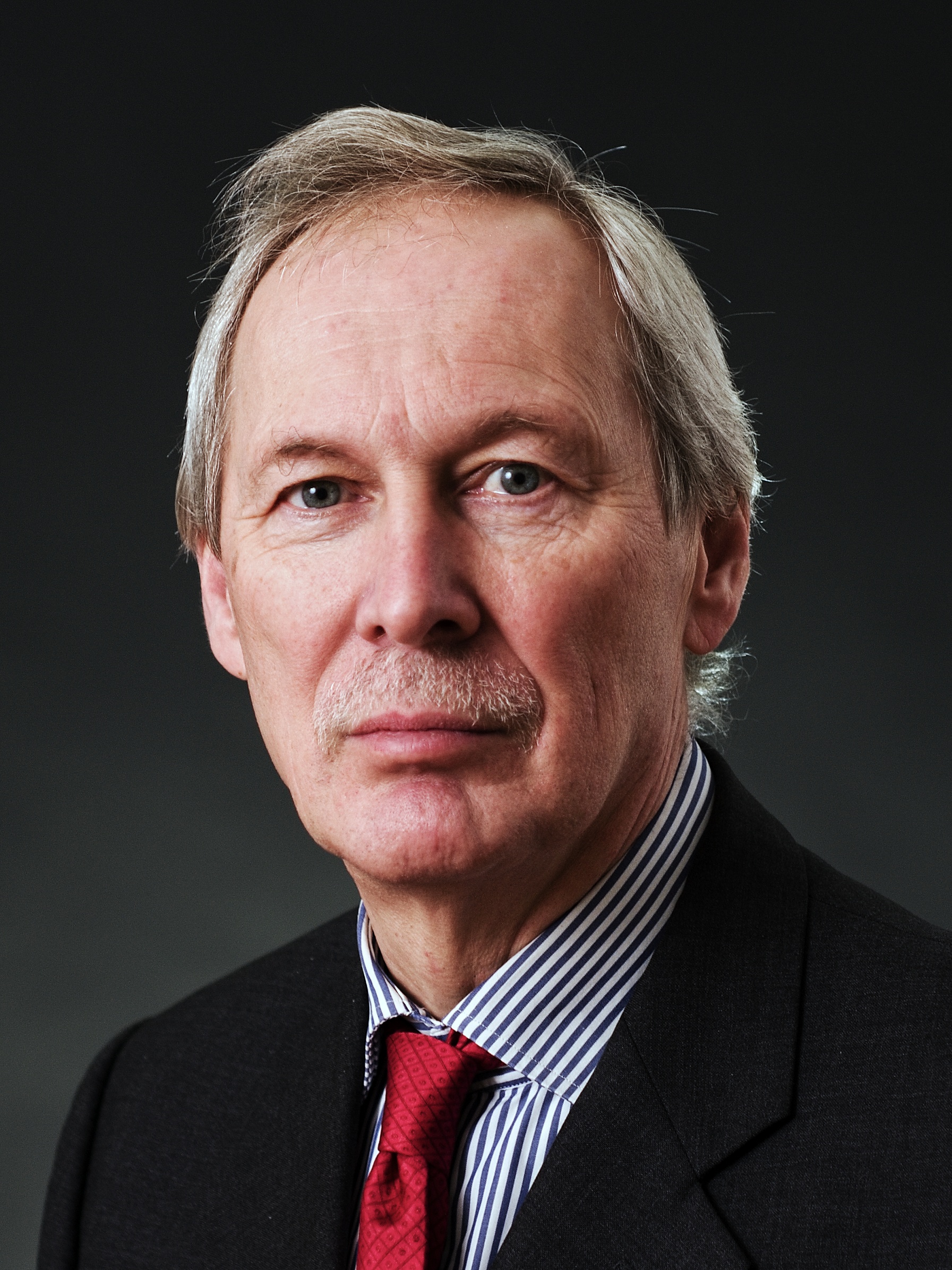
Our group is currently engaged in several projects that encompass different areas of organic chemistry involving transition metal compound catalysis such (C-C bond activation, [2+2+2]cyclotrimerizations, cross-metathesis), Lewis base organocatalysis, synthesis of natural compounds (estrone) and biologically active substances (ligands for estrogenic receptors), ferrocene and carborane chemistry.
Group of Synthesis & Bioactivity
|
Head: PharmDr. Eliška Matoušová, Ph.D. Web: http://orgchem.natur.cuni.cz/matousova/ New web: Link |

Výzkumný zájem skupiny spočívá v oblasti organické syntézy. V současné době se zabýváme studiem metod enantioselektivní přípravy kvartérních uhlíkových stereocenter s předpokládaným využitím pro syntézu biologicky aktivních přírodních produktů a jejich derivátů.
Group of Chemical Biology and Biocatalysis
|
Head: doc. RNDr. Jiří Míšek, Ph.D. Web: http://orgchem.natur.cuni.cz/misek Web: New Link |
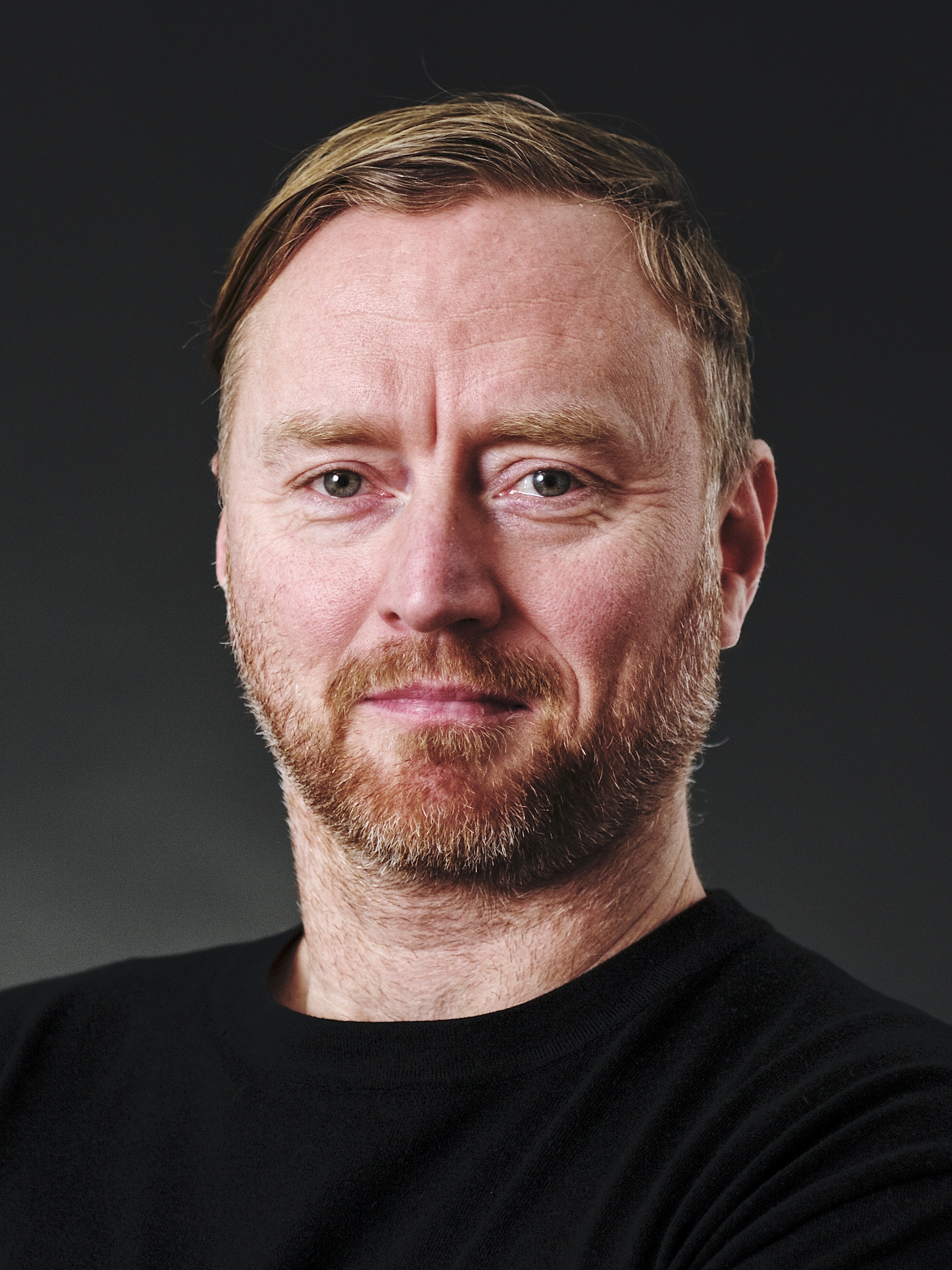
The main interest of our laboratory lies at the interface of chemistry and biology. We use synthetic chemistry to develop tools to illuminate molecular biology processes. On the other hand, we utilize robustness of biological systems to address unmet demands in synthetic chemistry.
Group of Organic Chemistry, Catalysis and Electrochemistry

Despite being awarded multiple Nobel prizes, Organic chemistry still struggles to bridge fundamental knowledge gaps, such as deleting, inserting, and replacing specific atoms or functional groups and forging bonds at and between sp³-hybridized carbon centers through cross-coupling reactions. Accordingly, our research aims to overcome prevailing challenges in Organic chemistry by developing 1) unprecedented molecular editing transformations and 2) electrochemical radical cross-coupling reactions. In designing innovative synthetic methodologies, we will tap into the potential of transition-metal catalysis, radical chemistry and synthetic electrochemistry. By design, these reactions will be highly practical, reproducible and scalable, enabling us to operate under complex settings, including in late-stage functionalization of drug-like molecules. Using this approach, we will provide access to new complex chemical compounds with superior properties (e.g., bioactivity) in a significantly reduced step count, thereby avoiding lengthy de novo syntheses and accelerating drug discovery.
Group of Organometallic and Synthetic Chemistry
|
Head: Dr. Lukáš Rýček, M.Sc. |
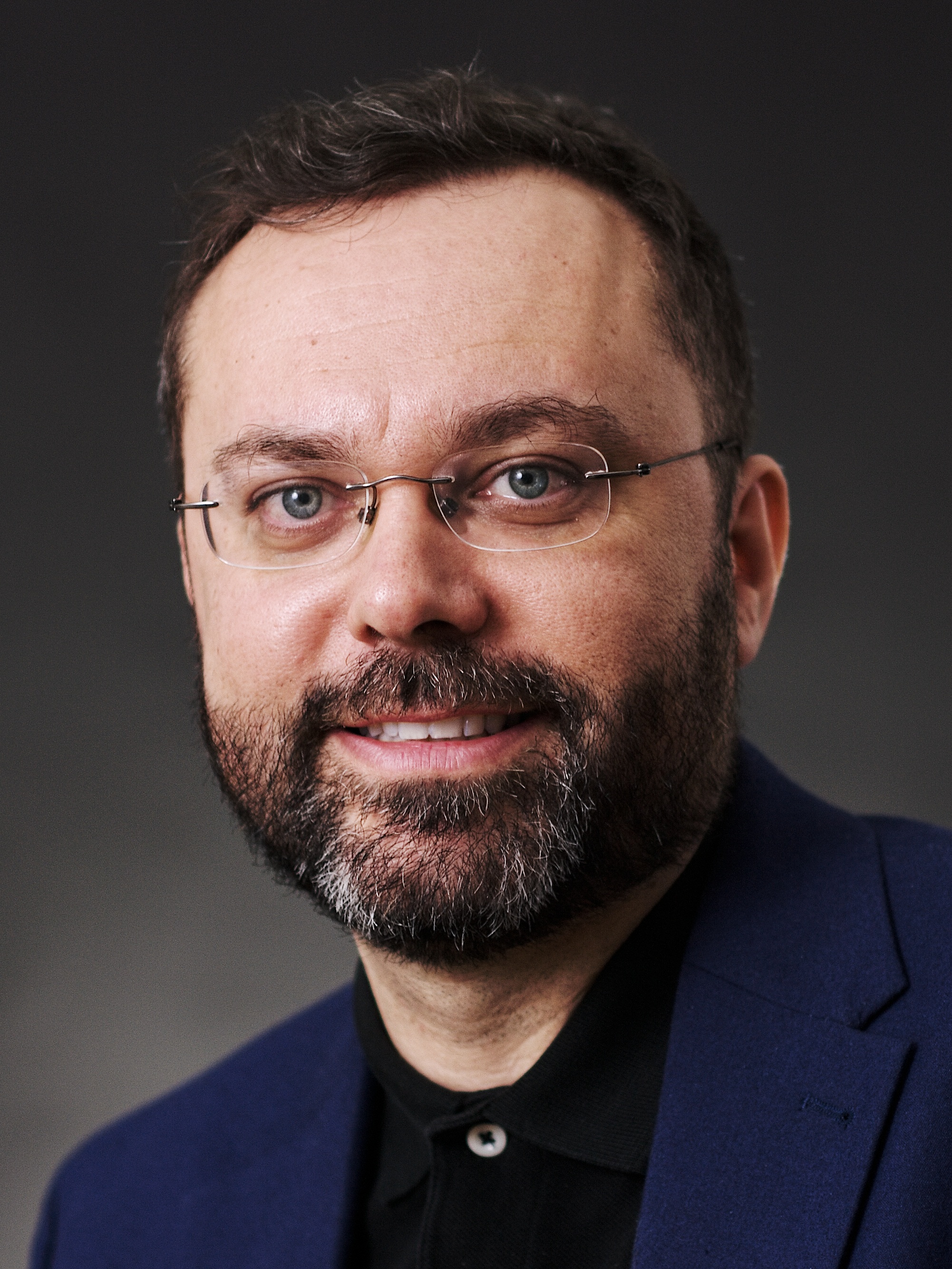
Our research interest involves catalyst development and its application in organic synthesis. We envision iron metal as an economically and environmentally suitable alternative to the traditionally used transition metals. Our longstanding goal is a development of active catalysts for a functionalization of aliphatic C-H bonds and using this methodology in the preparation of important chemicals as natural products or pharmaceuticals.
Group of Environmental and Nuclear Chemistry
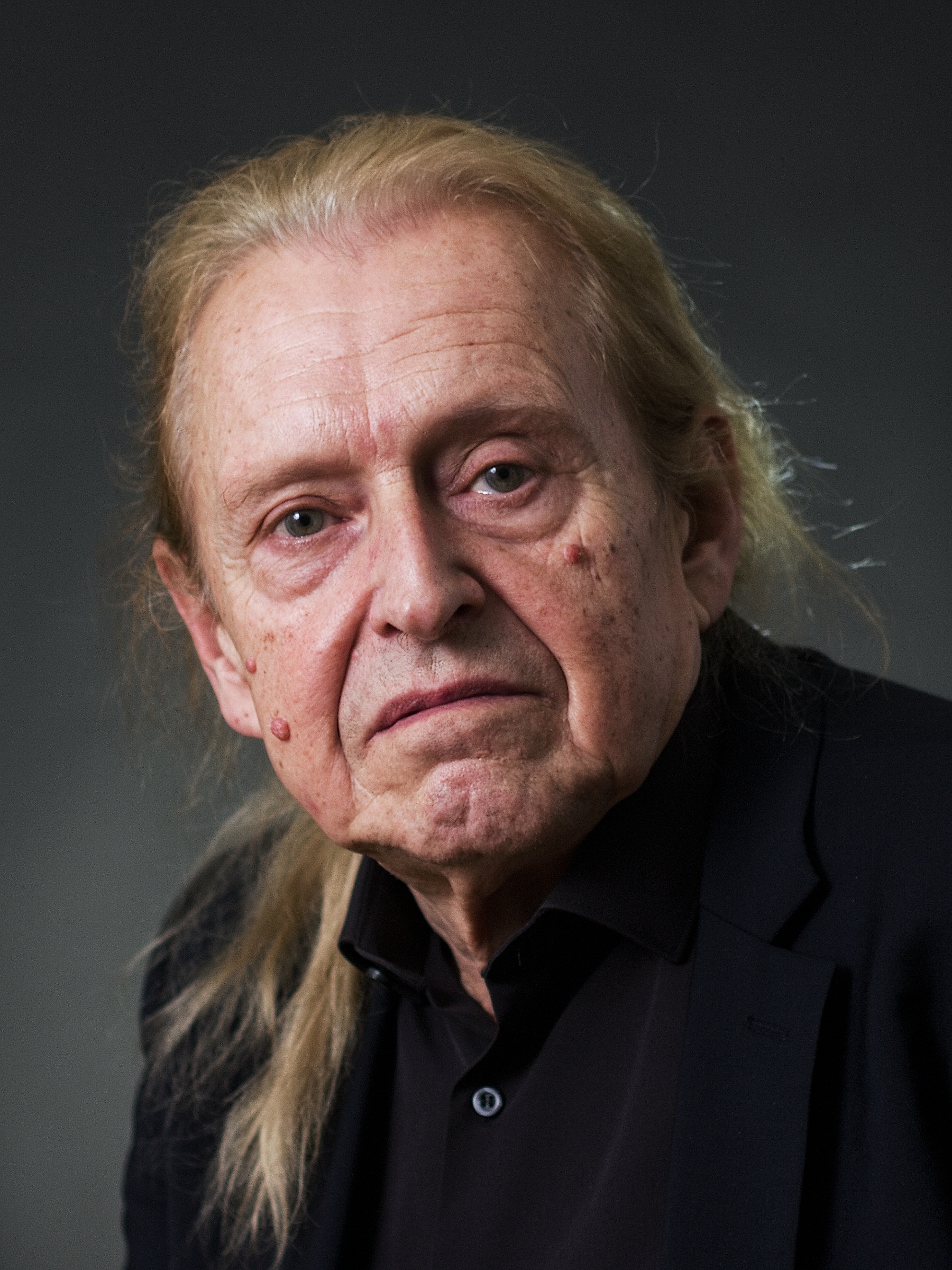
Our reseach focuses on the study of the fate of organic compounds infiltrating into the ecosystem and on the means of their removal by plant biotechnology (phytoremediation). The studied compounds are mainly pharmaceuticals and their metabolites, or organic compounds from consumer products chemistry. Another field of our research is the synthesis of radiolabeled compounds for metabolic experiments and radiopharmaceuticals.
 |
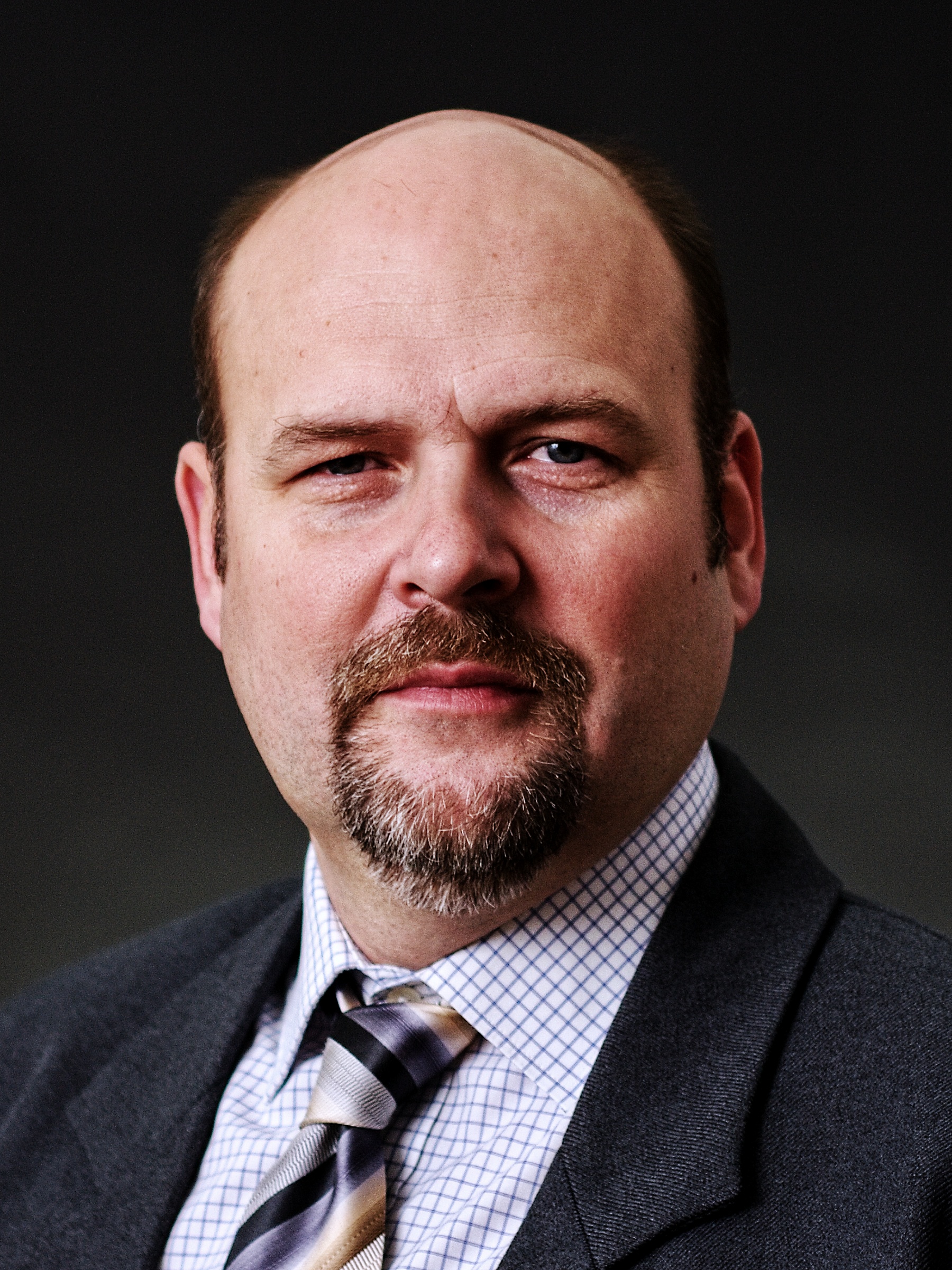
The research program in our laboratory is focused on the development of new synthetic methods for the preparation of enantiomerically pure compounds from simple and readily available starting materials using catalysis by small organic molecules. Our aim is not only to develop new methods but also application of our developed protocols for the preparation of biologically active substances.





















